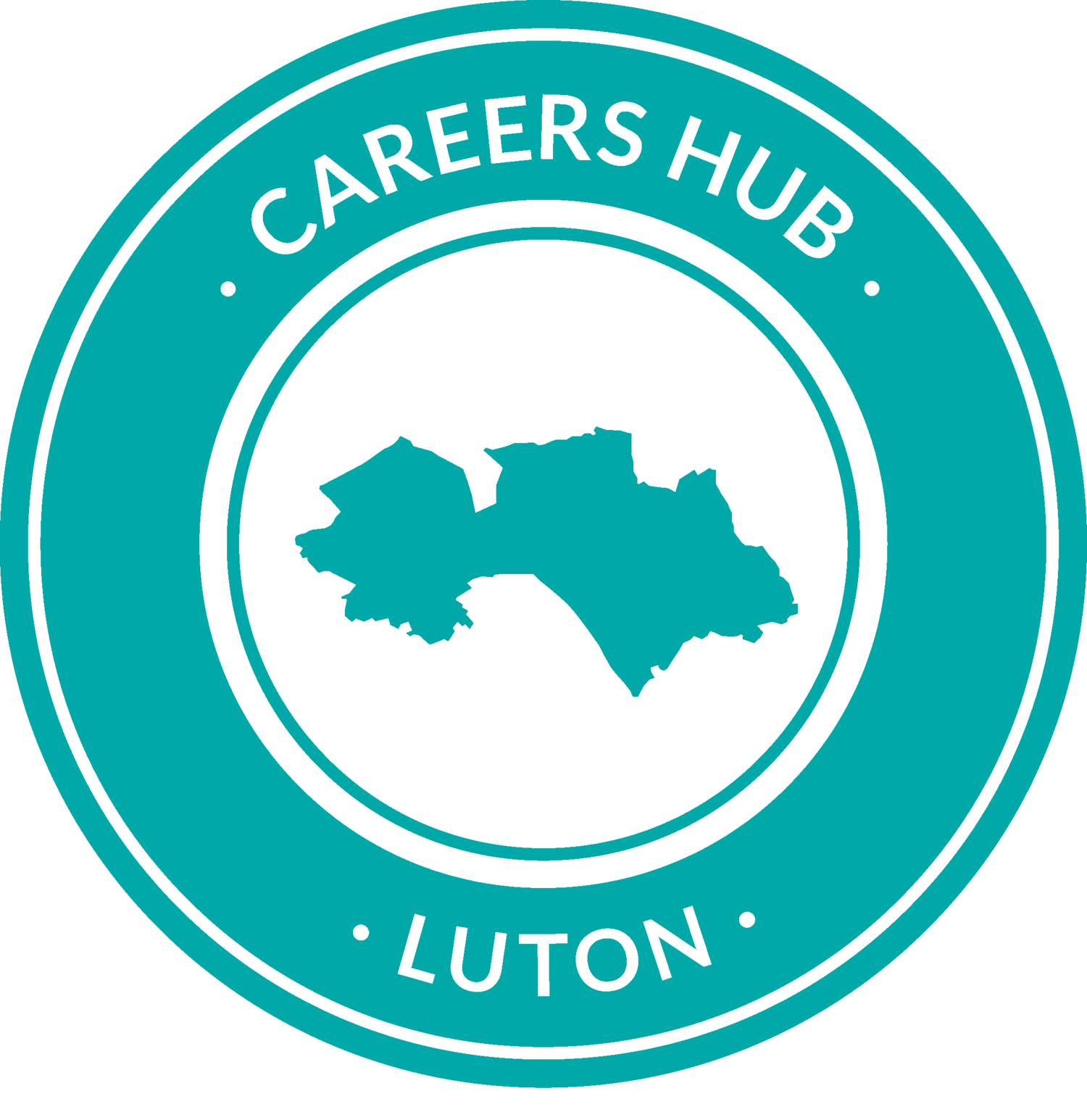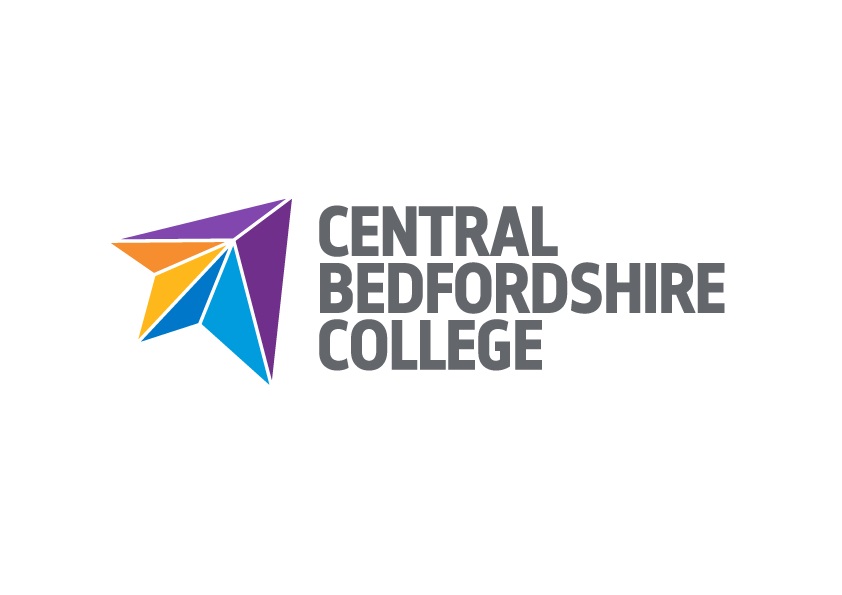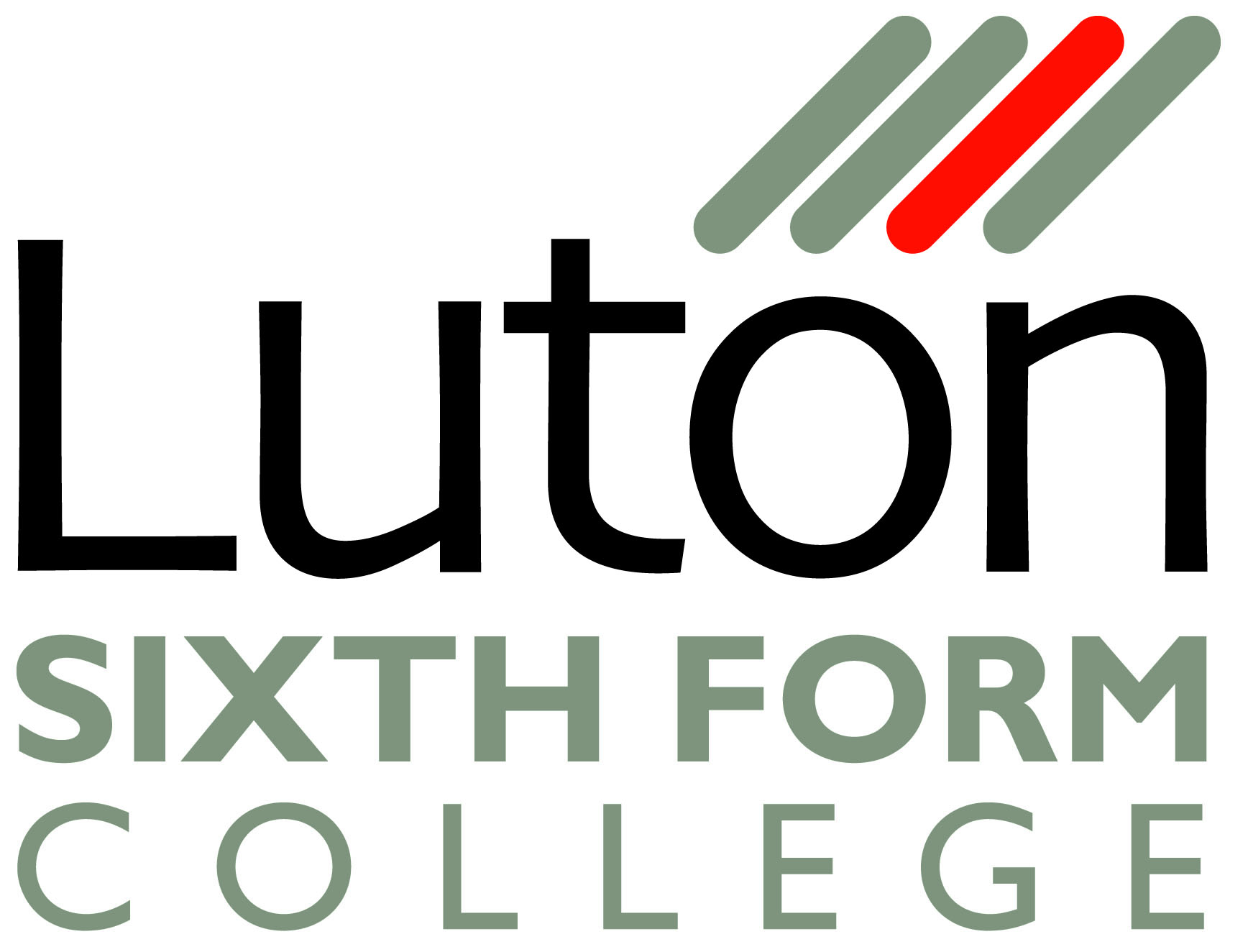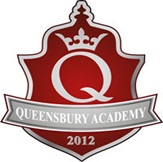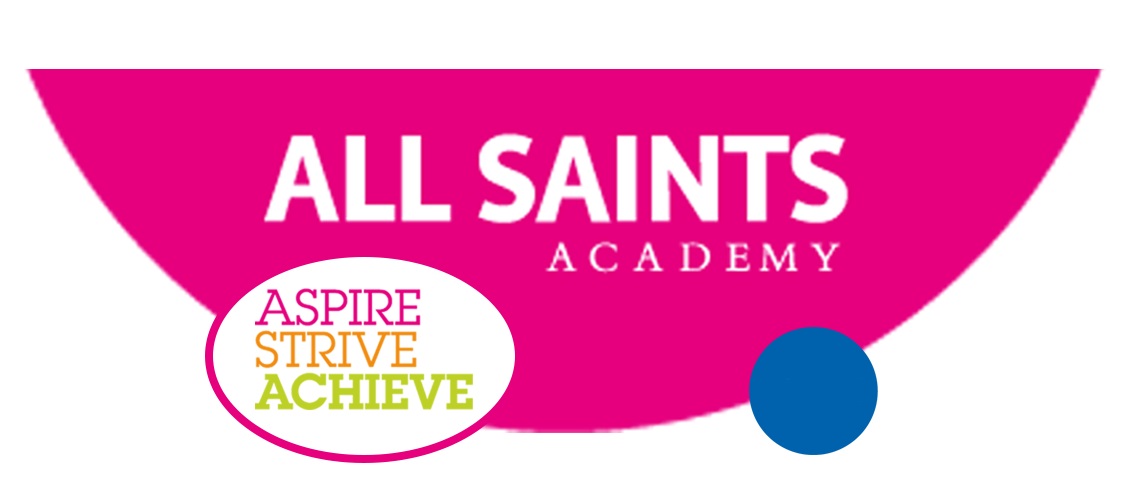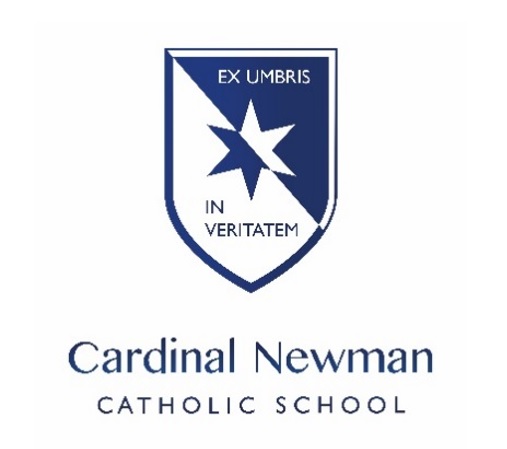Benchmark 7: Encounters with Higher and Further Education
Meaningful encounters with providers cover a wide range of ways young people can learn about their compulsory post-school options. They provide off-site visits and direct interactions with key institutions, staff, and alumni. Covering the full range of learning opportunities available to students.
All students should understand the full range of learning opportunities that are available to them. This includes academic and vocational routes and learning in schools, colleges, universities and the workplace.
By the age of 16, every pupil should have had a meaningful encounter with a provider of the full range of learning opportunities.
By the age of 18, all students who are considering applying for university should have had at least two visits to universities to meet staff and students.
Key points
Key points to note are:
the school or college works in the best interests of the student and does not actively promote one option over another
students are informed of all their different options in Years 7-9 including Apprenticeships, Sixth Form, Further Education and Higher Education provision
staff avoid making judgements about the prestige and status of different pathways and providers in case you unwittingly influence your students inappropriately
Apprenticeships
An apprenticeship includes elements of on the job and off the job training leading to industry recognised standards or qualifications.
Key points for apprenticeships
Apprenticeship levels include:
Intermediate (Level 2 equivalent to 5 GCSE passes at A* – C)
Advanced (Level 3 equivalent to 2 A Level passes)
Higher (Level 4, 5, 6 and 7 equivalent to Foundation Degree and above)
Degree (Level 6 and 7 equivalent to Bachelor’s or Masters Degree)
apprenticeships are available to anyone over the age of 16, living in England. There are different entry requirements depending on the sector and job
the minimum wage for apprentices aged under 19 or over 19 in the first year of their apprenticeship is £3.90 per hour ,but many employers pay more than this
an apprentice will work alongside experienced staff to gain job-specific skills.
Further Education (FE)
FE stands for Further Education and refers to courses that you normally study after GCSEs such as A Levels or Diploma courses.
What are the options?
A-levels
normally study 3 subjects
most require at least 5 grade 4+ GCSE’s and often need a grade 5 or 6 in the chosen subject area
commonly leads onto university, but can also lead to employment, work-based qualifications, or Higher and Degree Apprenticeships
most A Levels are exam assessed
Vocational
offers a more practical way of learning
entry requirements can vary and will depend on the subject or type of course
progression onto higher level vocational training, work, university or college
assessed through coursework and exam assessments
T-levels
new courses starting in September 2020, equivalent to 3 A-levels
2-year courses have been developed with employers so that the content meets the needs of industry and prepares students for work
offer students a mixture of classroom learning and ‘on-the-job’ experience during an industry placement of around 3 months
progression onto skilled employment, College or University study or a higher apprenticeship
students will be able to take a T-level in a range of different subject areas
Sixth Forms and Colleges in the Hub area
Please note there are many more providers in the surrounding area and this is not an exhaustive list.
Higher Education (HE)
HE stands for Higher Education and refer to university level courses that are level 4 upwards.
Key points
Key points about Higher Education:
during Years 12 – 13 Careers Leaders should be helping prepare students for making their choices
by the age of 18, all students who are considering applying for university should have had at least two visits to universities to meet staff and students
a planned programme of on-site and off-site encounters with higher education strengthen accessibility, outreach and transition preparedness for targeted groups e.g. Pupil Premium, gifted and talented students and students with special educational needs and disabilities
carefully selected sources of information, including digital and print-based, which are promoted through the school’s website, newsletter and social media
close co-operation with parents, families and carers in recognition of their key influence on children’s thinking and decision-making, specifically to develop their capacity to talk about careers with their children and encourage family learning
